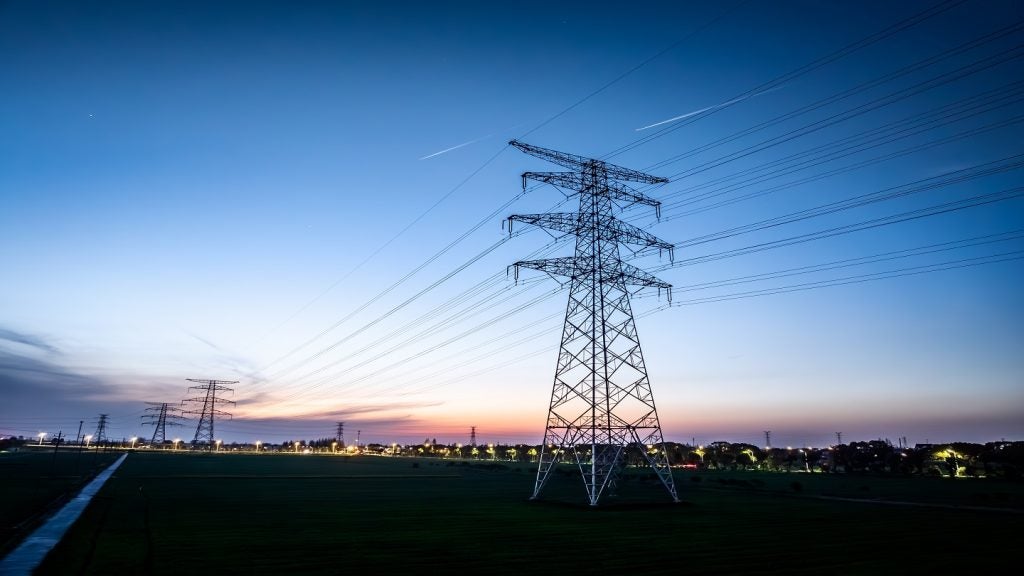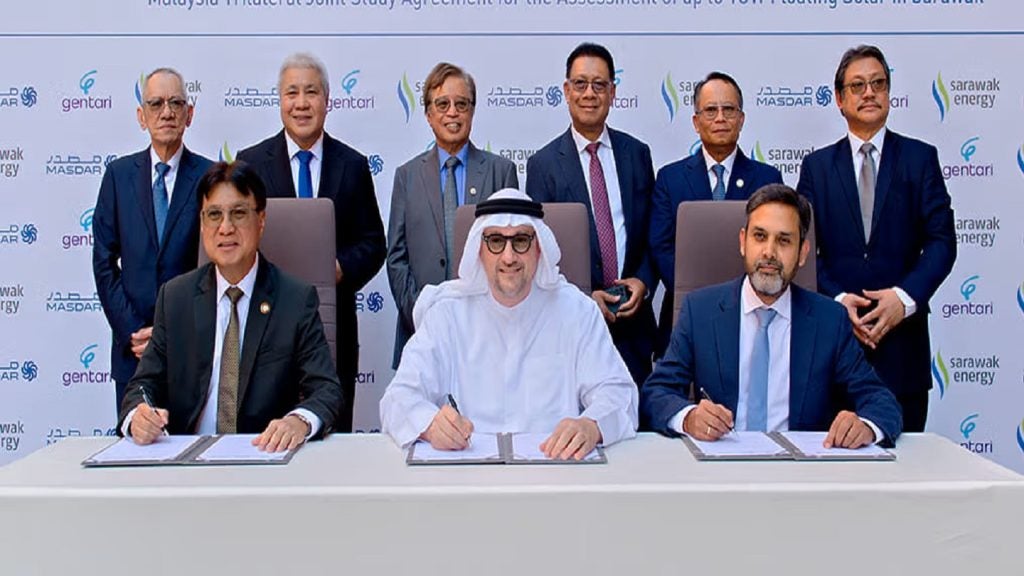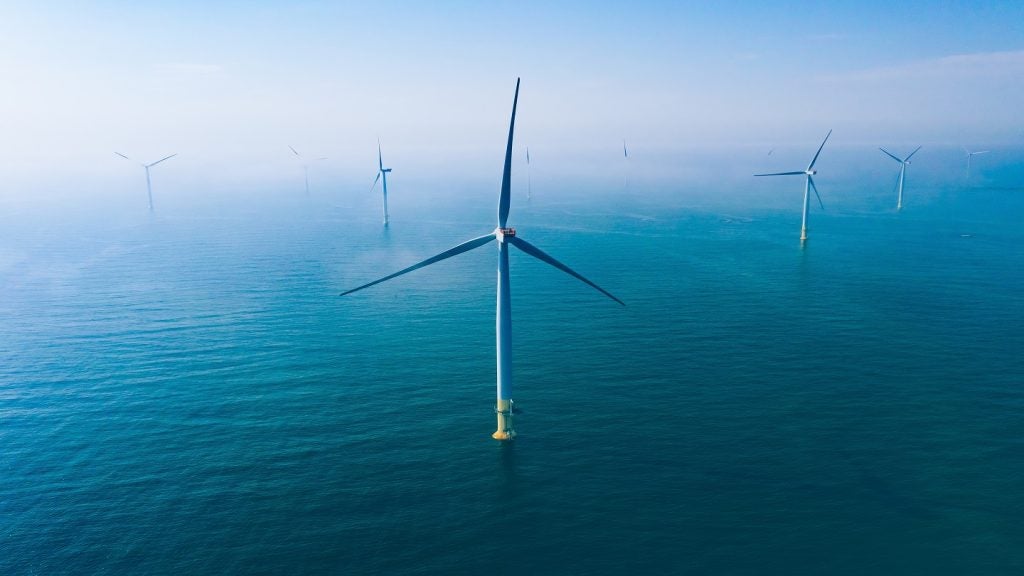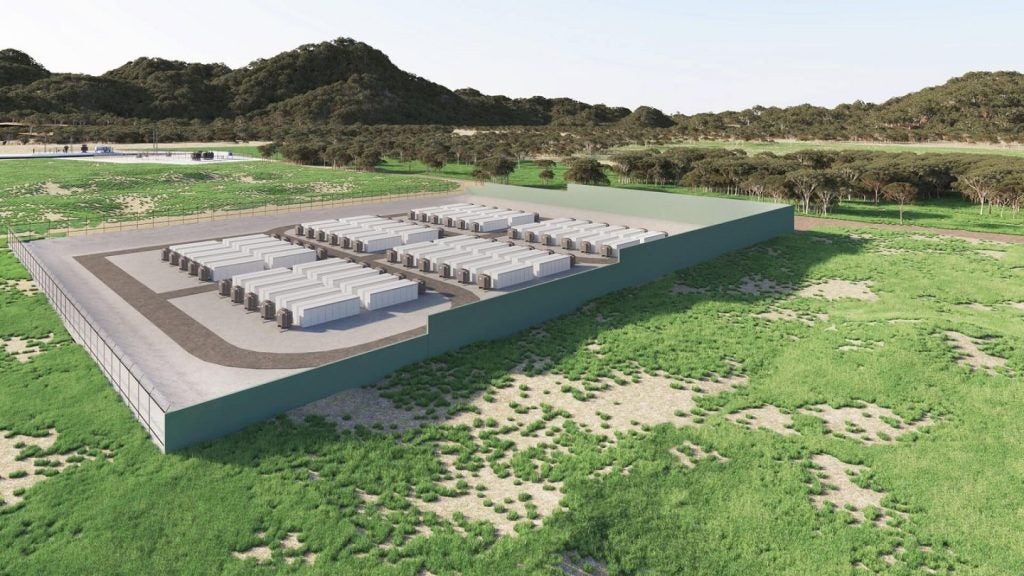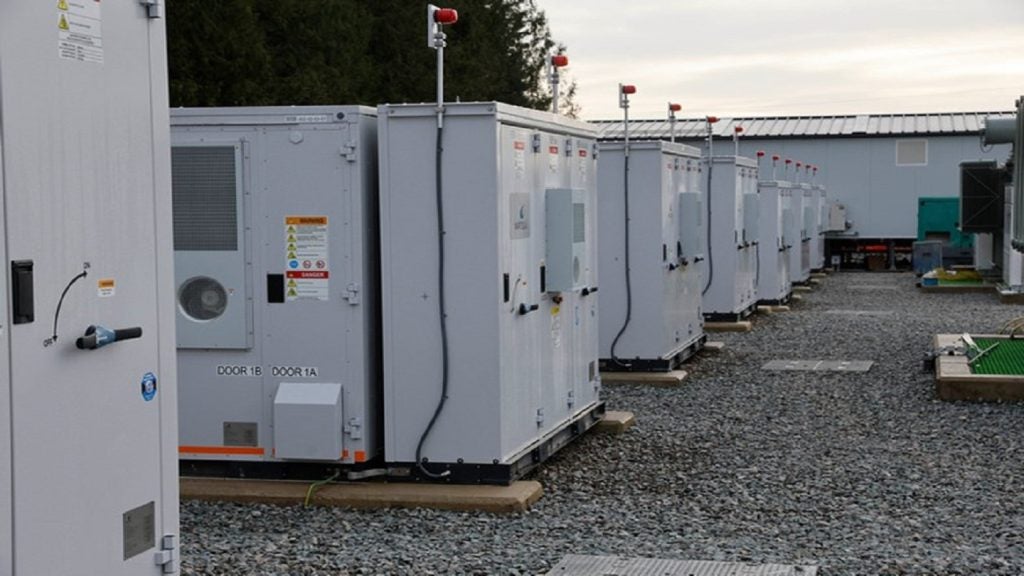Oracle Power, alongside its joint venture Oracle Energy, has concluded a transmission and grid interconnection study for its proposed 1.3GW hybrid renewable energy power plant in Jhimpir, Sindh province, Pakistan.
Oracle Energy and its joint development partner China Electric Power Equipment and Technology, a subsidiary of the State Grid Corporation of China, commissioned Power Planners International (PPI) to conduct the study.
The PPI study was fully funded by State Grid China and evaluated the technical aspects of connecting the plant’s output to the 220kV Jhimpir-II grid station.
This marks a significant step towards the integration of the plant’s 800MW solar and 500MW wind power generation, with an additional 260MW battery energy storage system (BESS), into the national grid.
The proposed connection would be established through a 35km double circuit transmission line, ensuring efficient power delivery from the plant's 1.1GW net maximum output.
The generation voltage for the plant is set to be elevated to 33kV, using transformers to meet the demands of the National Grid.
The addition of a BESS and a static var compensator is expected to bolster system reliability and comply with the National Transmission and Dispatch Company (NTDC) grid code.
The study also included load flow studies for peak and off-peak conditions, as well as short circuit and dynamic stability analyses, which have confirmed the viability of the proposed transmission scheme.
The study's results have been submitted to NTDC for review, with government approval the next critical step for the project's advancement.
Oracle Power CEO Naheed Memon stated: “We are pleased to confirm the completion of this key study for our proposed hybrid renewable energy power plant in Jhimpir.
“This milestone marks the culmination of extensive investigative studies and sets the stage for the next phase of detailed engineering design. The findings of the study provide a solid foundation for securing potential off-take agreements for power.
“Our strategic focus remains on ultimately seamlessly integrating renewable energy into the national grid, thereby enhancing energy security and promoting sustainable development in Pakistan.”


